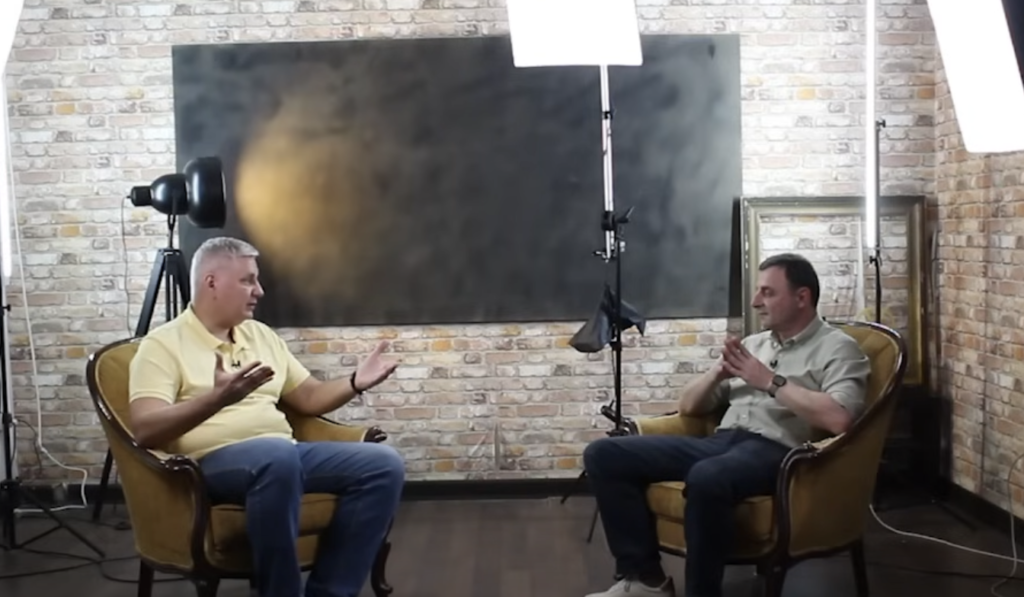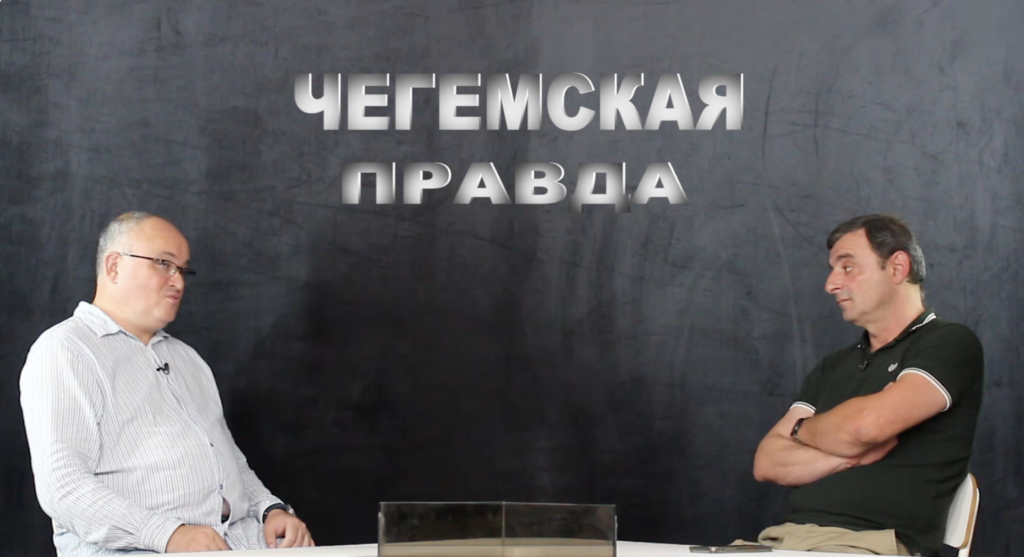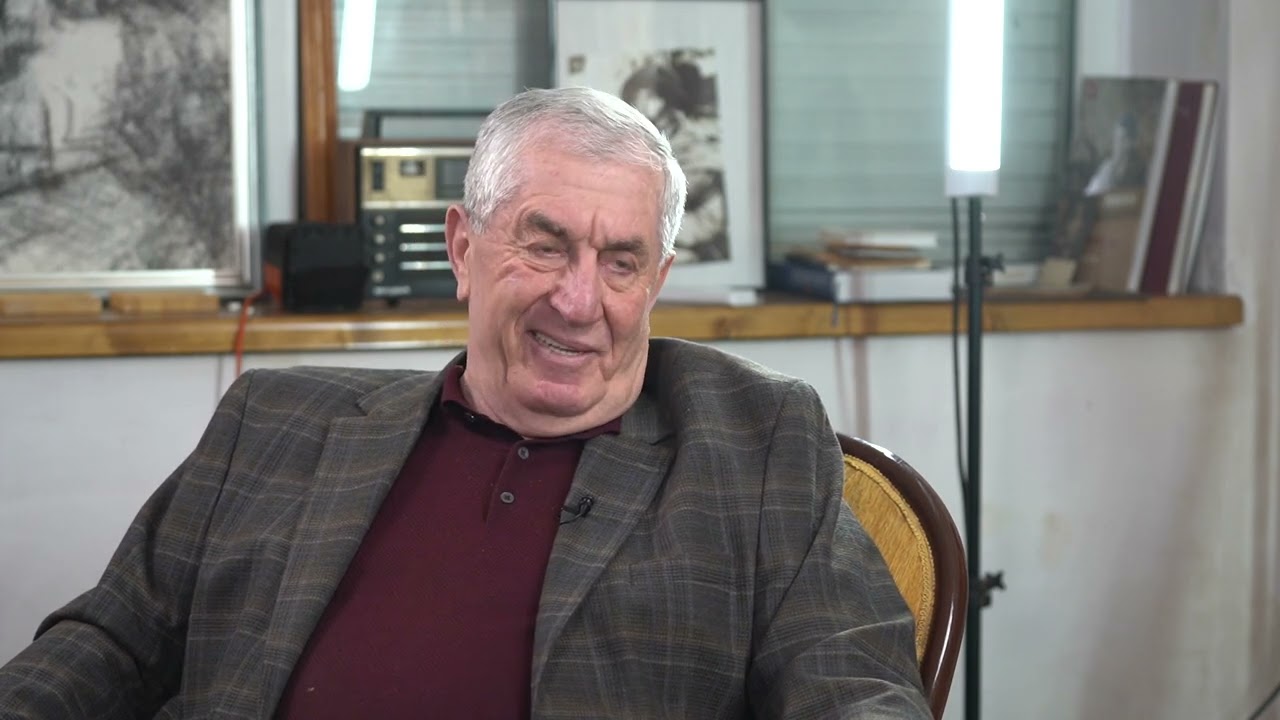politics in Abkhazia
This article was originally published on the Ekho Kavkaza website. The text and terminology of the article have been transferred without changes. All rights belong to Ekho Kavkaza. Publication date: January 10, 2024.
Abkhaz economist Akhra Aristava commented on “Ekho Kavkaza” on the events related to the “overnight” ratification of the agreement on Pitsunda estate by the parliament and the new political reality in which Abkhazia found itself.
Akhra, how do you assess what happened on the night of December 27th and related to the ratification of the agreement on Pitsunda by the parliament of Abkhazia?
I assess it, of course, negatively. The form of decision-making by the parliament at night radically changed the internal political situation in the country.
The Parliament ensured a fragile political stability in our state. And this factor is now practically reduced to zero. Parliament did not consider issues of concern to society — either on the Pitsunda estate, the apartments, the recognition of court decisions, nor the energy sector. And the deputies of the National Assembly, realizing that there is no compromise in the society, did not consider these issues. You remember, when in the summer the head of the state in the Public Chamber demanded from the deputies to solve the issue of apartments, they just went on vacation.
And the trust in deputies among the citizens of the country only increased. And today they devalued a factor of fragile political stability and voted for an issue on which there was no consensus either in political circles or in society. Now we have a completely different reality, when there is no mechanism that can ensure political stability.
The problem for our young state is the peaceful transition of power. We have never once had a transition of power from one political force to another without an acute political crisis. And the way the deputies behaved gave hope that we would approach the elections, which are about a year away, calmly and ensure a normal electoral process and a legal peaceful transit of power. Today no one can guarantee that the processes will go peacefully, because there is no mediator between the executive power, the opposition and a significant part of society.
During the crisis, when the society actively resisted the agreement on Pitsunda, the opposition repeatedly appealed to citizens and asked them to come to the parliament to support the efforts of the opposition. But, as events have shown, people still did not respond to this appeal in a sufficiently massive way. Why do you think this happened?
Many people did not come out, at least according to my impressions and communication with people from Gagra to Ochamchira, because people believed the MPs. They said why protest, deputies don’t care. Now this factor is gone. I think that this idea to hold a session and vote at night was not born in the parliament. And the executive branch deprived itself of this protection. Now we have a situation when the executive power will directly, without intermediaries and without peacekeepers, face both the opposition and a significant part of its citizens who do not agree with its policy.
What happened on the night of December 27th and what so worsened the internal political situation in Abkhazia, why did the authorities opt for such an open confrontation with society?
We heard public statements of high-ranking officials that if the agreement is not ratified it will be bad, relations with Russia will deteriorate, and, of course, for an ordinary citizen it is not clear why our ally, with which we have excellent relations, should be bad? They haven’t explained that.
But if we look at what is happening in the executive branch, if we look at the adopted budget, we will see that the obligations that the current government took on, the same 45 issues on harmonization of legislation, on energy, a number of other issues that are on the official website with deadlines of 2021 and 2022, they have not fulfilled. It is the executive branch that has deteriorated relations with the Russian government. There were obligations to switch to self-financing of salaries of state employees by 85%, but we do not see this in the adopted budget. The executive branch of the Republic of Abkhazia itself found itself in a difficult situation.
For the first time we had to pay almost a billion rubles for the electricity flow, this is not money that used to be written off from the investment program of Russia, this is money earned by the hard work of our citizens, and we had to pay it. The Russian government banned the sale of gasoline to national operators of petroleum products; this has never happened before.
The promised 10 billion of credit resources have not yet been made available to Abkhazian business, and this has been going on for the fourth year. Most likely, relations have deteriorated for them, not for the people of Abkhazia. Citizens of Abkhazia have not done anything to make relations between Russia and Abkhazia worsen. Citizens of Abkhazia did not change political vectors, did not change political views, why should we expect bad things from Russia?
Because they believe that they have no other way out to improve relations with the Russian authorities. And they really had no other way out, because they have no money in the necessary amount for anything: neither for the army, nor for the budgetary sphere, nor for the peasants, it can be seen from the adopted budget. And they think that this decision on Pitsunda will help them to equalize their relations with the leadership of the Russian Federation. But I think that this will not improve relations, it will only aggravate them.
During the time before the ratification of the agreement on Pitsunda in parliament, representatives of the government accused both the opposition and those citizens who disagreed with their actions that they were anti-Russian and that they were stirring up anti-Russian sentiments in Abkhazia. What do you think about this? To what extent does it correspond to reality?
You are right, the authorities used this argument a lot, they were introducing into society the idea that there are citizens of Abkhazia who are conducting anti-Russian activities on the territory of the Republic of Abkhazia. This is a very dangerous tool and when leaders of the Abkhazian state say that there are anti-Russian citizens in Abkhazia, this is taken seriously in Russia. We must understand that if you voice this, you are sowing seeds of anti-Abkhazian sentiments in Russia.
And this will also be a factor that will worsen our relations. For example, I do not know a single citizen of Abkhazia who is active in political or public activities who is anti-Russian. I do not know people in Abkhazia who want to join NATO or who demand withdrawal of Russian troops. We do not have this. And why should we cultivate this, voice it all the time without realizing that people in Russia are listening to it? We have already received one very harsh comment from former Russian Deputy Foreign Minister Karasin. He, too, most likely believed that we have citizens who are under the influence of the West or the U.S. State Department.
I do not know such people. On the contrary, I know people who since the times of Vladislav Grigorievich Ardzinba have been bringing the truth of the Abkhazian people to the West. If there are facts that a citizen of Abkhazia violates the law, we have the Prosecutor General’s Office for this. And waving this slogan where it is necessary and where it is not necessary will lead to the fact that there will be influential people in Russia who will be wary of Abkhazia. And not because of the opposition or because of public figures, but because it is expressed by top government officials.
And I think that one should not speculate and abuse such arguments, one should find other arguments, if top officials consider themselves right, one should sit down and convince their citizens and not hang labels. Why? We have been through all this before. We should treat our people more warmly and bring the political process to the norms accepted in democratic states. Don’t demonize your political opponents, don’t label them left and right, including war heroes. A war hero does not have to prove anything, he was at the right time, in the right place with his people and risked his life. Workers of science and culture who were in the national liberation movement for decades do not need to prove anything either.
Akhra, one of the consequences of what happened, which we see in the society, is the split of the opposition. Recently, some opposition representatives announced their withdrawal from the opposition bloc. What do you think about this process?
This is a consequence of the night session. And it is a direct sign that the political process is taking on a radical character, that’s all. What some opposition leaders said at the press conference proves once again that the forms and methods of politics towards the current government will change. And all this will have a negative impact in the run-up to the presidential elections.


